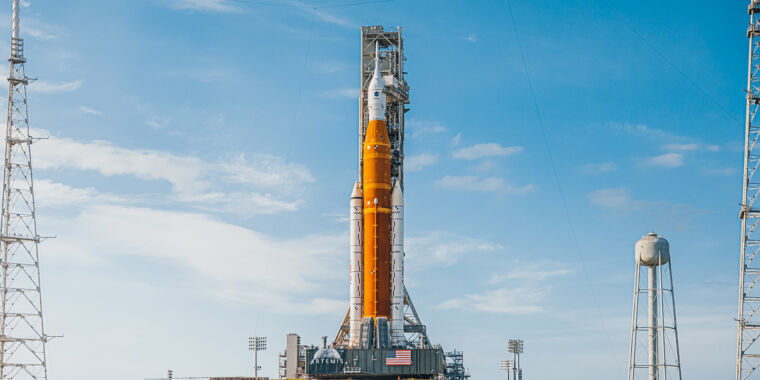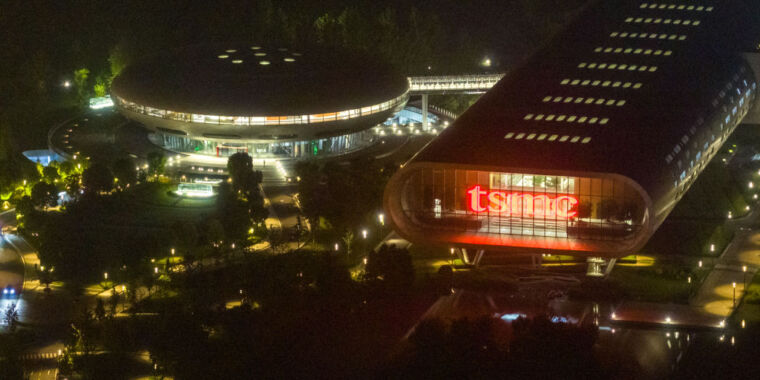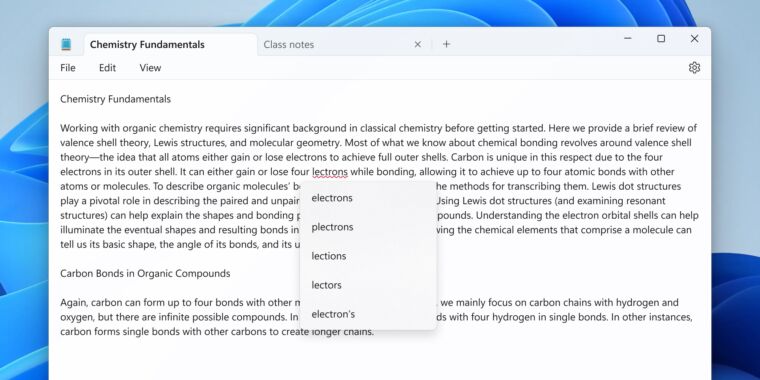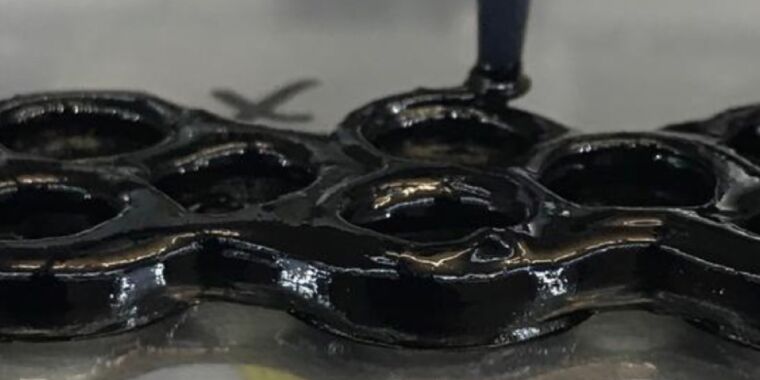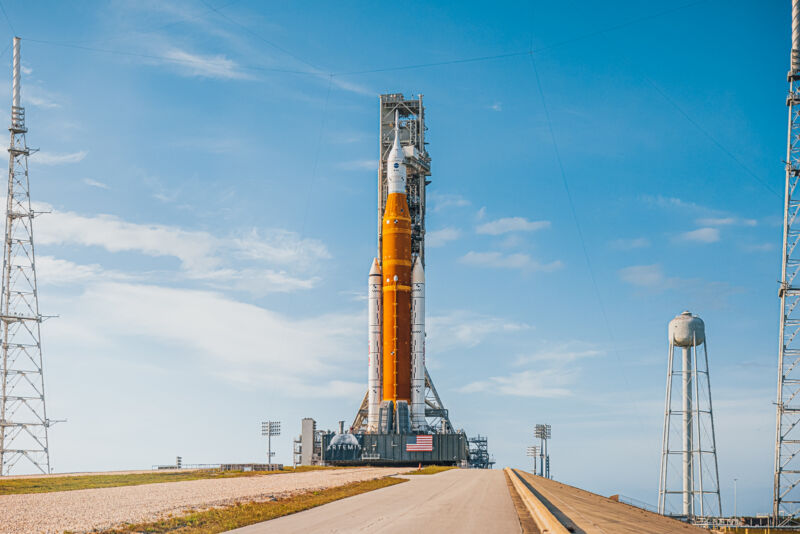
Trevor Mahlmann
In recent years NASA has acknowledged that its large Space Launch System rocket is unaffordable and has sought to bring its costs down to a more reasonable level. The most recent estimate is that it costs $2.2 billion to build a single SLS rocket, and this does not include add-ons such as ground systems, integration, a payload, and more.
Broadly speaking, NASA’s cost-reduction plan is to transfer responsibility for production of the rocket to a new company co-owned by Boeing and Northrop Grumman, which are key contractors for the rocket. This company, “Deep Space Transport,” would then build the rockets and sell them to NASA. The space agency has said that this services-based model could reduce the cost of the rocket by as much as 50 percent.
However, in a damning new report, NASA’s inspector general, Paul Martin, says that is not going to happen. Rather, Martin writes, the cost of building the rocket is actually likely to increase.
“Our analysis shows a single SLS Block 1B will cost at least $2.5 billion to produce—not including Systems Engineering and Integration costs—and NASA’s aspirational goal to achieve a cost savings of 50 percent is highly unrealistic,” Martin wrote in an audit of the agency’s plans, which was published on Thursday.
Extremely high costs
The main problem with the SLS rocket is not its performance—the vehicle’s debut during the Artemis I mission in late 2022 was virtually flawless—but rather its extremely high cost. Independent reviews of the vehicle, which Congress mandated that NASA build more than a decade ago, have found that NASA is unlikely to have a sustainable deep space exploration program built around such an expensive heavy-lift rocket.
Digging into Martin’s report, it’s not difficult to see why. The SLS rocket is powered by four main engines derived from the Space Shuttle program. The cost of these four engines is $582.7 million, or $146 million per engine. This means that a single engine on NASA’s rocket costs roughly the same amount that the space agency paid for an entire mission on the Falcon Heavy rocket—$178 million for the Europa Clipper spacecraft.
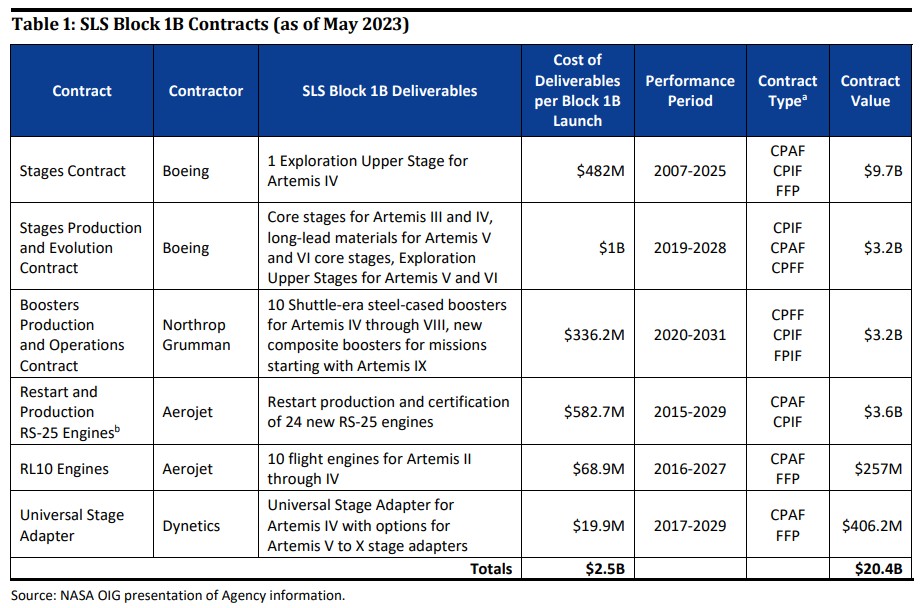
Estimated SLS costs, per unit.
NASA Inspector General
Seriously, stop and think about that.
“Given the enormous costs of the Artemis campaign, it is crucial that NASA achieve some significant measure of its affordability goals,” Martin wrote in the new report. “Failure to do so will significantly hinder the sustainability of NASA’s deep space human exploration efforts.”

